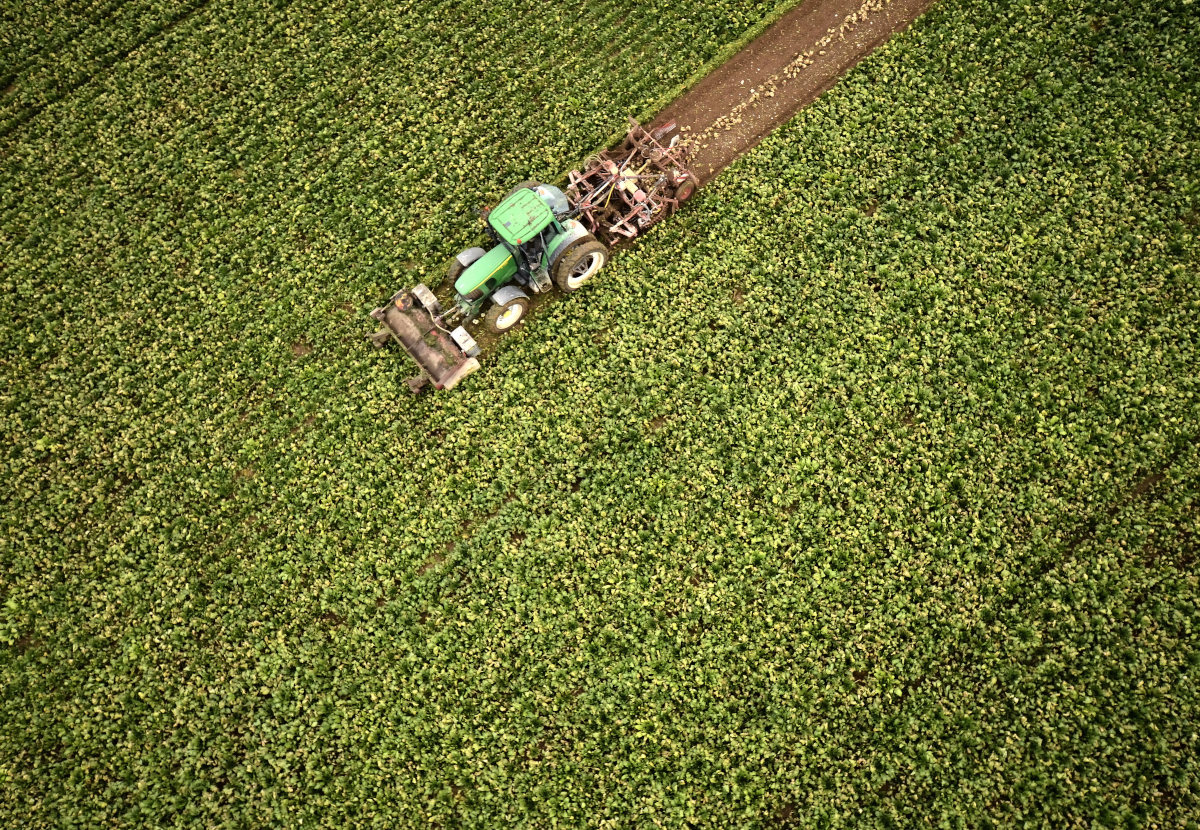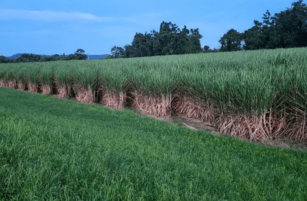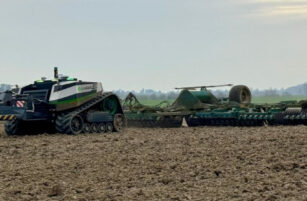Insight Focus
- Freezing temperatures in December may have adversely affected sugar beet.
- The beets still in the ground have lost their tops as a result.
- However, the cold weather was good news for winter crops.
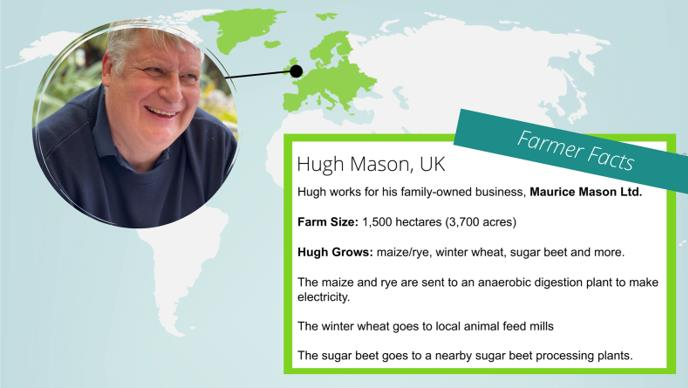
What’s Happening on the Farm?
The thing about the Christmas break, in England at least, is that nothing happens for the best part of 3 weeks. As a consequence the simple answer this month is “nothing”.

As any farmer will know though this isn’t true as we have been subjected to a bout of well below normal temperatures, which has severely hurt the sugar beet crop. What was thought to be 3-4 days of very cold weather turned into nearly 21 days, something our weather forecasting systems failed to notice until about day 18. It has since turned very warm, in percentage terms, by a huge margin and it has rained a lot.
A direct impact on the farm has been British Sugar’s loss, due to mechanical failure, of one of its factories in mid-December. Sugar beet destined for this factory has been, in part, redirected to the one we deliver to thus slowing down our delivery pattern. Their factory will not come back online this season. We will see loss of income due to loss of sugar because of the weather pattern and delayed delivery.
Crop Stage
The sugar beet crop that is still in the ground has lost most, if not all, of its top. Harvest continues, but it is going to be a sad end to what will be seen as a hard year to grow this crop in England.
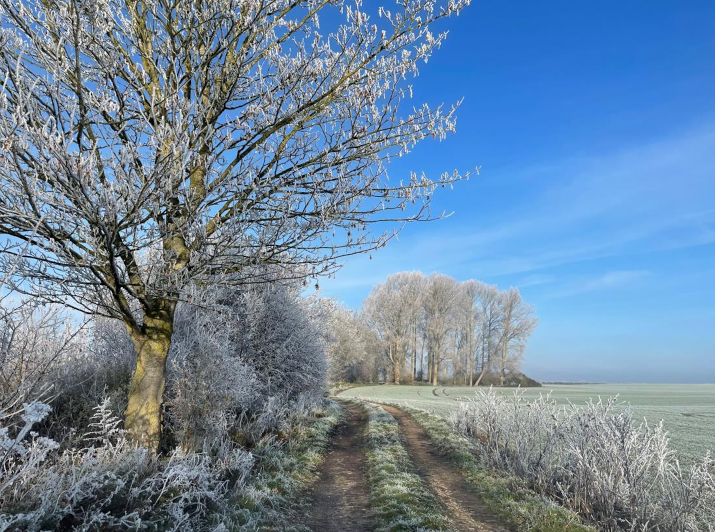
Elsewhere you would have to argue the cold period has been good for winter crops, reminding them that there are still seasons whilst reducing the disease and pest risk. Late planted wheat has emerged, earlier crops are tillering and OSR crops look better structured, although every pigeon in the country seemed to come to Norfolk for Christmas (it’s not just people from London).
Big Concerns
As nothing happens during the period, the great and good descend upon Oxford for an annual Farming Conference (I didn’t go). Here there are usually many pronouncements about the future, this year though the most important minister in DEFRA decided she was better placed to be in Brazil saying “hello” to their new President and so the government sent along the “farming” minister. Having assured his audience that he was a cattle farmer and therefore knew all the problems of the industry he proceeded, in reality, to say support of English farming was being cut and the government didn’t really know what it wanted in terms of “public money for public goods” but we weren’t to worry about it.
By calculation the farmer will be receiving circa 30% of the support in 2027 that he had 10 years earlier whilst financial support elsewhere in the world grows and this assumes that the farmer has taken up all the schemes to save the environment government has to offer.
If you believe the USDA Baseline projections, which were published mid-autumn, price for agricultural goods (in this example wheat) will fall back to $5.70/bu from a historic high of circa $13.00.

In the last 12 months domestic manufacturer of ammonia nitrate has halved and the one plant remaining has a highly questionable future. In the USA, government has just announced $500 m plan to grow domestic fertilizer production for domestic use and Europe makes similar noises. Russia has as much cheap gas as it wants to turn into ammonium nitrate
Pesticide authorisations continue to be withdrawn, for sugar beet we are now about to enter our last likely year with the use of neo-nics. We are at least 8 years away from a genetic solution to this aphid problem, assuming the seed houses wish to address this – not a given.
I have a friend who works for one of the UK’s defence companies. We often debate which is better, bombs or food? Both require political support. Famine will have killed more people than all of the guns put together, I would wager.
Ambitions for the Year
It being new year, it will be to eat less, exercise more and take my wife shopping more often. After that, address the points discussed.

